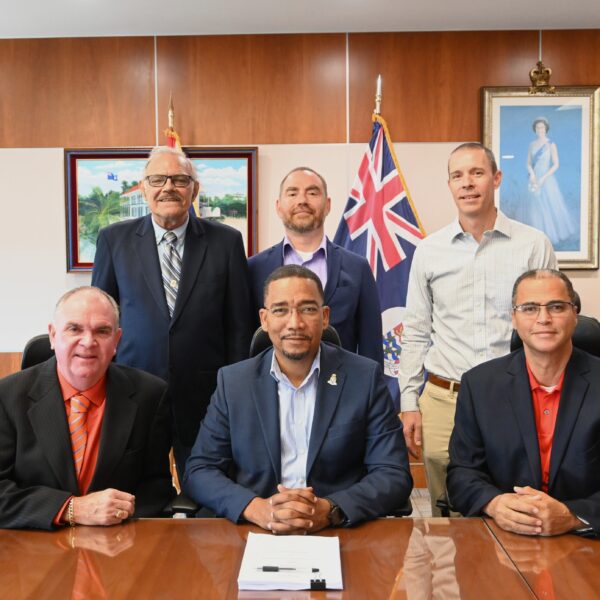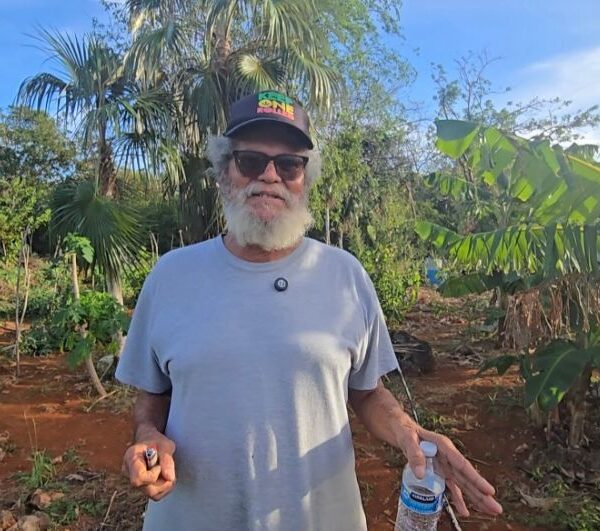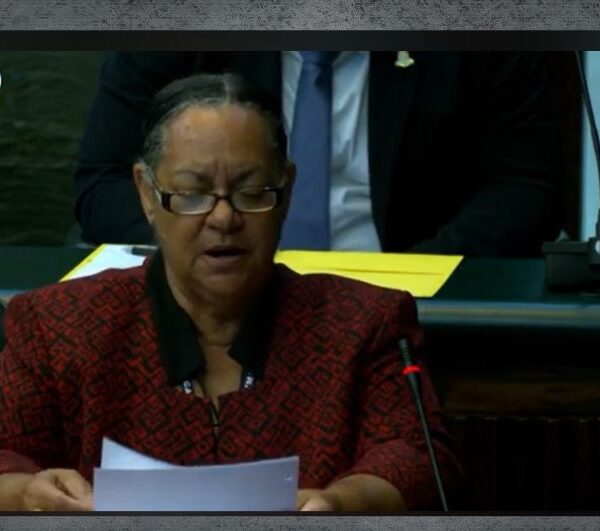
|
Getting your Trinity Audio player ready...
|
By Alric Lindsay
A political candidate shows up at your doorstep, makes promises, gets elected, and then you don’t hear from them until a few months before the next election. As you look at them, you can’t help but think:
- Lower-income households continue to struggle with the high cost of living
- Benefits for seniors still aren’t where they should be
- Caymanians face challenges in getting employment and promotions
- There are no improved public transport solutions
- Crime is on the rise
- School inspectors continue to note poor educational attainment for graduates
- Fast-paced development continues without Caymanians benefiting economically
- Young Caymanians are priced out of the real estate market
- There are no serious fines or consequences for damaging our environment
- There’s no proper recycling or long-term waste management solution
- Concessions and waivers are provided to the wealthy to increase their generational wealth, while poor people and small businesses have to navigate through red tape to make small advancements
- Little is done about bad actors in politics, and poor governance practices rarely result in any serious enforcement action or consequences.
As you consider how much was left undone, you realize that in any competent private sector company, heads would roll—meaning the CEO would be asked to resign or an employee would be let go. Notwithstanding this acknowledgement, you know the likelihood for voters to re-elect the same person or personality type for the post. Further, it is clear that no one will hold them accountable for their acts or omissions. Amazingly, there are reasons for this: political party loyalty, the way people vote generationally, voting with emotions rather than making informed decisions based on fundamentals, and failure to engage in critical thinking.
Party loyalty
Voting based on political party loyalty is straightforward. People have strong party loyalty even if the party has failed to deliver on its promises. They have an unwavering, blind loyalty to the party. This is not unique to Cayman and is a common phenomenon in politics worldwide.
Voting along family lines
Similar to party loyalty, in the past, young Caymanians used to follow the advice of their older family members when casting their votes. Nowadays, younger voters tend to make independent decisions, but the outcome remains the same. This is because voters aged 45 and over make up the majority of registered voters and have the greatest influence on election results. Unless this changes, older voters will continue to have a disproportionate impact on the outcome of elections.
Voting based on feelings and not critical thinking
The other challenge lies in the fact that some people vote based on their feelings toward a candidate rather than the candidate’s actual plans or accomplishments once in office. These feelings can be elicited by simple gestures such as asking about someone’s family (“Who ya mama is?”), making a joke, playing a game of dominoes, or sharing a six-pack of beer. While this may seem insignificant, these gestures often create a special connection between the voter and the candidate, which quickly causes the voter to think of the candidate as a nice person rather than a competent leader. This is a great deal for a soon to be official who will not propose a single legislative change to benefit the country or advance the people and instead, spend all his time furthering personal interests. .
If logic and critical thinking were applied instead, voters would discard the small talk, distinguishing fact from fiction. This includes fact checking statements made by candidates or officials, considering competing perspectives, reading to obtain more in-depth understanding and comparing their actions to previous promises. Such an approach compels a candidate to offer real solutions and demonstrate competence to you far beyond “who ya mama is.”
No other viable candidate
Even with critical thinking, however, some voters say that the pool of candidates is sometimes not good. In these cases, they vote for the best of the worst or do not vote at all.
However, the candidate pool may not be strong, not because there aren’t competent people but because some potentially impactful individuals choose not to get involved in politics. Political games, betrayal among officials, loss of privacy as a public figure, and other factors deter many people. As a result, some people prefer to remain on the sidelines and try to influence government policies from outside as activists or lobbyists.

Time to rethink, restructure
Instead of using the same approach and getting the same results, we should ask new candidates and existing officials who are incumbents for details of their plans, how they plan to achieve them, the time frame for execution and who are contemplated as beneficiaries. No answers to these questions or refusal to engage in a critical thinking exercise should be red flags when were making informed decisions.
The other part of the equation is that we must keep elected officials accountable throughout their term in office. This could be achieved by voters individually asking questions or via an established watchdog group.
Lastly, we should also press for constitutional and legislative changes that strengthen the accountability framework. If politicians do not do their jobs, the revised constitutional and legislation should result in their removal from office. These steps are necessary to send a clear signal that there are consequences for poor performance or bad actors.







